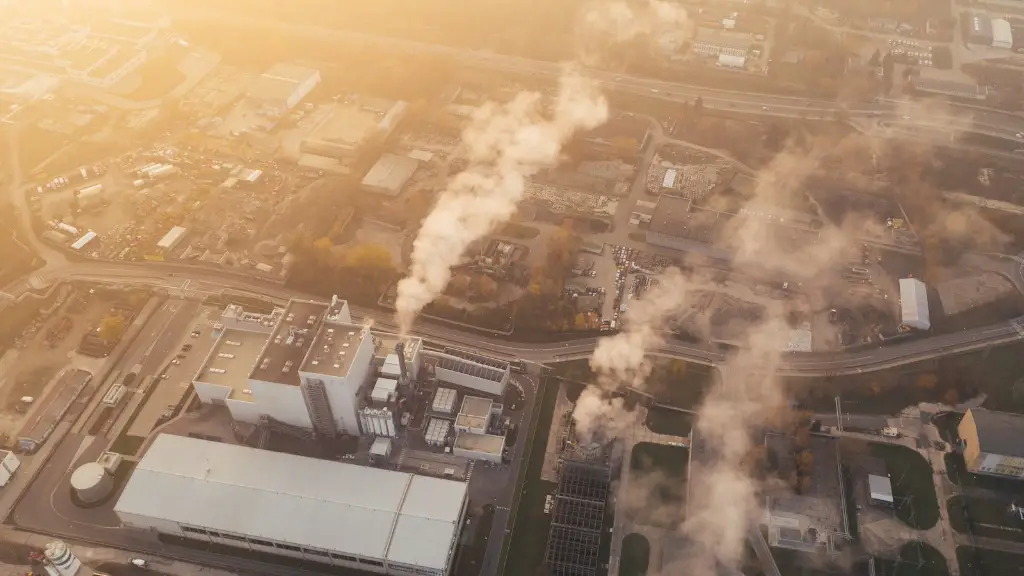In today’s era of climate change, global warming represents a menace to both our biological world and our way of life that requires urgent, collaborative action. According to the Intergovernmental Panel on Climate Change (IPCC), global concentrations of carbon dioxide have increased by almost 50% since the start of the 20th century, and their continued rise is known to be causing temperatures to increase globally, extreme weather events to become more frequent, ocean levels to rise, and numerous other detrimental impacts. Successfully tackling this challenge will require us to take bold and innovative steps.
Reducing pollution by transitioning away from fossil fuels is essential for controlling global warming. Renewable energy sources such as solar and wind, which are now becoming increasingly cost-effective, offer an attractive alternative to fossil fuels and their emissions. Governments need to financially incentivize green investments and the growth of renewable energy technologies in order to foster an economically viable movement away from non-renewable sources. Moreover, the transition away from fossil fuels must be complemented by additional measures that reduce emissions, such as increasing the efficiency of vehicles and decreasing our reliance on deforestation.
Another area that must be addressed if we are to control global warming is industrial agriculture, which remains a major polluter of the atmosphere. It produces large amounts of nitrous oxide and other greenhouse gases, which have long-lasting effects on climate. To reduce the impact of industrial agriculture, governments must invest in sustainable farming practices, such as those based on polyculture. This requires the development of economic incentives and widespread educational campaigns that incentivize and inform farmers about the benefits of adopting a more sustainable agriculture.
It is increasingly clear that we must take meaningful steps to reduce our impact on the environment if we are to succeed in controlling global warming. This includes transitioning to low-carbon, renewable sources of energy, such as solar and wind power. It also includes making sure that industrial agriculture is implemented using sustainable practices and that deforestation is properly regulated. Governments, businesses and individuals must work together to create a future where our world is no longer threatened by global warming.
More generally, global warming presents us with an opportunity to make the necessary changes to our lifestyles and priorities in order to better protect our planet. We must recognize our collective responsibility to the environment and make conscious decisions to reduce our emissions. This means driving less, consuming fewer single-use plastics and choosing local, sustainable food over processed food items that contribute to global emissions.
We cannot afford to wait any longer to address the threat of global warming. The time for action is now, and we must all be willing to do our part in order to minimize the risks. Therefore, it is essential that governments, businesses and individuals take this challenge seriously and commit to making the necessary changes. Together, we must demonstrate that we are capable of achieving the goal of controlling global warming and achieving a more sustainable future for our planet.

